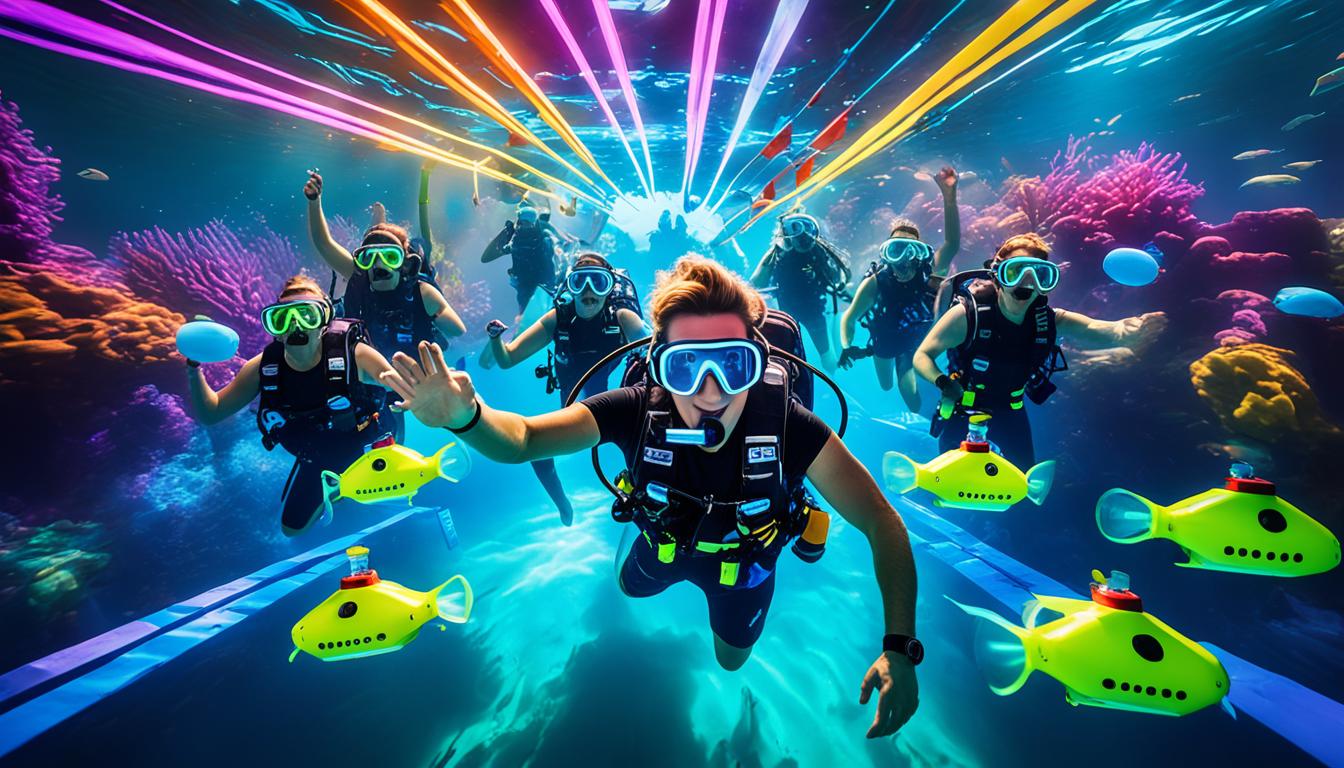As an avid angler, I’ve always found saltwater fishing to be a captivating endeavor that combines the thrill of the open sea with the excitement of landing a prized catch. In this guide, I’ll share my passion for saltwater fishing and offer valuable insights for both beginners and seasoned anglers

.
Benefits of Saltwater Fishing
Saltwater fishing offers a unique set of benefits that keep enthusiasts coming back for more. The vastness of the ocean provides an unparalleled sense of freedom, and the variety of species available to catch adds an element of surprise to every trip.
Essential Gear for Saltwater Fishing
When gearing up for a saltwater fishing expedition, it’s crucial to have the right equipment. High-quality rods and reels designed for saltwater use are a must. Pair these with appropriate tackle and bait to attract a diverse range of fish species. Don’t forget essential safety gear like life jackets and first aid kits.

Choosing the Right Saltwater Fishing Spots
Selecting the perfect fishing spot is essential for a successful trip. Coastal areas are teeming with life, and piers provide easy access to deeper waters. If you’re feeling adventurous, consider offshore fishing for larger game fish.
Understanding Tides and Weather Conditions
Tides play a significant role in saltwater fishing. Learning about tidal movements and their effects on fish behavior can greatly improve your chances of making a catch. Additionally, staying informed about weather conditions is crucial for safety and optimal fishing conditions.

Popular Saltwater Fish Species
Saltwater environments are home to a rich diversity of fish species. Snapper and grouper offer a rewarding challenge, while the acrobatic mahi-mahi, also known as dorado, promises an exhilarating fight. For those who prefer inshore fishing, redfish and speckled trout are popular targets.
Techniques for Successful Saltwater Fishing
Different fishing techniques yield different results. Bottom fishing is excellent for targeting species near the ocean floor, while jigging and popping can entice predators closer to the surface. Trolling allows you to cover a larger area, increasing your chances of hooking a big one.
Conservation and Ethics in Saltwater Fishing
Responsible fishing practices are vital for preserving marine ecosystems. Engage in catch and release, especially for endangered species, and dispose of bait and trash properly to minimize your impact on the environment.
Preparation and Planning for Your Fishing Trip
Proper preparation is key to a seamless fishing adventure. Research local fishing regulations and obtain the necessary licenses. Pack essentials like sunscreen, snacks, and a camera to capture your memorable moments. Prioritize safety by informing someone about your trip details and checking weather forecasts.
Personal Experience and Tips

During one of my memorable saltwater fishing trips, I learned the importance of patience and persistence. It took hours before I hooked a massive red snapper, but the exhilaration was unparalleled. Remember, fishing is not just about the catch—it’s about embracing the journey.
Conclusion
Saltwater fishing is a captivating pursuit that offers a blend of excitement and serenity. By understanding the nuances of the ocean, respecting nature, and equipping yourself with the right knowledge and gear, you can embark on unforgettable fishing expeditions while contributing to the conservation of marine ecosystems.
FAQs
- Is saltwater fishing suitable for beginners?
- Absolutely! Start with basic equipment and choose inshore locations for a smoother experience.
- What’s the best time of day to fish in saltwater?
- Early morning and late afternoon are generally prime times when fish are more active.
- Do I need a fishing license for saltwater fishing?
- Yes, most locations require a fishing license. Check local regulations for specific details.
- Are there any specific safety precautions for offshore fishing?
- Offshore fishing requires additional safety measures. Ensure you have proper navigation equipment and emergency supplies.
- How can I contribute to marine conservation while fishing?
- Practice catch and release, follow size and bag limits, and dispose of trash responsibly to minimize your impact on the environment.






